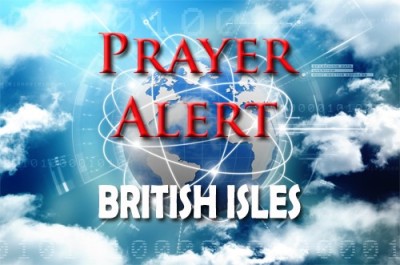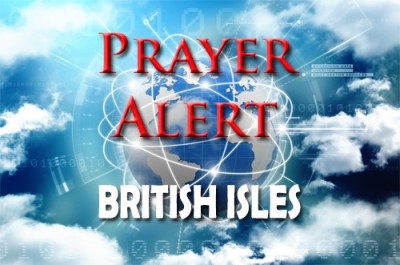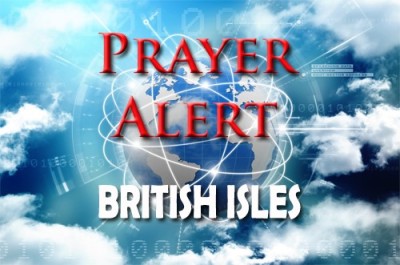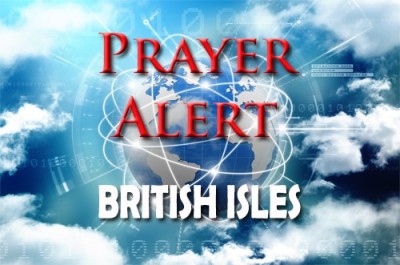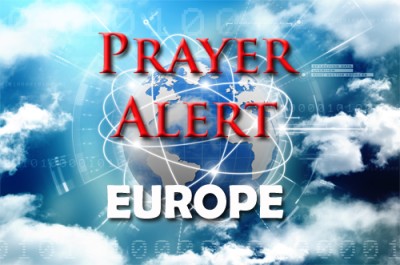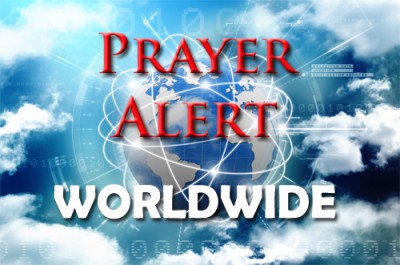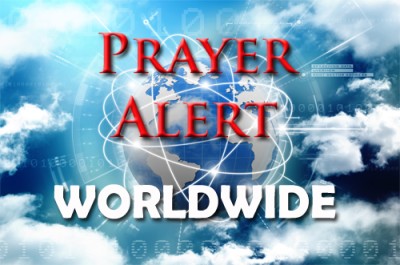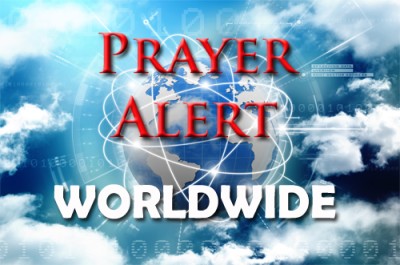Ways the UK could shake Putin
24 Feb 2022For Global Britain to be credible it is time for its architect, Boris Johnson, to intervene with retribution tactics not deterrence. Closing Russia’s embassy and removing their diplomats while removing ours from Moscow would indicate a fundamental shift in the understanding of Russia as not a partner in diplomacy, but a threat to other nations. Russian state outlets in the UK, like Russia Today, spouting propaganda masquerading as journalism, should be shut down immediately to prevent misinformation. Those operating in politics, law, and media while representing Russian state interests should be forced to declare who is paying their bills. Visas should be cancelled and assets of everyone linked to Putin’s regime frozen. Of all the economic sanctions, cutting Putin’s regime off from SWIFT international payment system would remove Russia’s ability to make international transactions, trigger capital outflows and currency instability, and hit buyers of Russian oil and gas.
PM: Russian attack is catastrophe
24 Feb 2022Russia's invasion of Ukraine is a ‘catastrophe for our continent’, said Boris Johnson. He chaired an emergency Cobra meeting on 24 February and gave a televised statement after Russian forces launched an assault on Ukraine, crossing its borders and bombing military targets near big cities. He outlined new sanctions against Russia in the Commons and said on Twitter that he would also speak to his fellow G7 leaders. He called for an urgent meeting of all NATO leaders as soon as possible. In a phone call with Ukrainian president Volodymyr Zelensky, Mr Johnson vowed the West ‘would not stand by as Putin waged his campaign against the Ukrainian people’ and tweeted earlier, ‘Putin has chosen a path of bloodshed and destruction by launching this unprovoked attack on Ukraine.’ Foreign secretary Liz Truss has demanded that the Russian ambassador explain Russia's ‘illegal, unprovoked invasion of Ukraine’.
No need to self-isolate in England
24 Feb 2022All Covid restrictions have been removed in England. People are no longer legally required to self-isolate if they test positive for Covid - although they are still advised to do so. NHS England bosses have written to healthcare staff to say if they test positive, they should not attend work until they have had two negative lateral flow tests taken 24 hours apart, and at least five days after the positive result. Free testing will continue until 1 April - both PCR tests for people with symptoms and lateral flow tests for those without. Pray for people at risk to have quick and easy access to testing and medical help if needed after 1 April. Pray for the government to reconsider free testing for key workers, including NHS staff. The changes are part of the prime minister's Living with Covid plan, to ‘transition back to normality’. Mr Johnson wants a vaccine-led approach.
Minimum entry grades for universities and a cap on student numbers are part of government plans to shake up England's higher education system. Students will need GCSE passes in English and Maths, or the equivalent of two grade Es at A-level, under plans set out on 24 February. About a third currently fail to achieve a grade 4 in those core GCSEs, the equivalent to a C in the old system. Entry grade exemptions, possibly for mature students, will be considered in the future. The intention is to restrict entry to courses not offering a good route into graduate jobs and prevent universities from recruiting students into higher education before they are ready. Universities have already been told they will have some responsibility for courses leading to good jobs. Ministers argue the reforms should encourage more young people to consider apprenticeships or other higher qualifications.
Ukraine: pray during the time of turmoil
24 Feb 2022Every Generation Ministries bring the transformed life Jesus intends for children in Ukraine. Ukraine is home to over six million children and 5,000 evangelical churches. Russia and the West have battled over influence in Ukraine before. After the annexation of Crimea, thousands of children were displaced from their homes to live in fear and uncertainty. The country is in turmoil again and the world is praying for peace. Ask God to invigorate the church to reach out to searching people during this time of tumult. Pray for boys and girls who are experiencing tremendous fear and anxiety during the current unrest and those still recovering from 2014. Ask God to give church leaders wisdom as they navigate the tensions of civilians bearing arms, bombs, and millions fleeing. Christians in the town of Lviv are deploying a shield of prayer and worship. In an upper room African Christians are praying for their host country, ready to be Jesus’ hands and feet to those who must flee. On the other side of Lviv pastors meet, plan and pray the battle for freedom. In separatist areas Christians forbidden from meeting together meet secretly. Ukraine’s vibrant Jewish community of 200,000 is one of the largest in the world. Many elderly Jews are comfortable with Russians as their neighbours. When their men served in the Soviet army during WWII they couldn’t imagine then that Russia would attack Ukraine. ‘I’m following the news,’ said Vera, a 68-year-old Jewish lady who practises Heseds (generously lovingly helping others). ‘I pray daily to God. I’m trying to cheer up my fellow-seniors.’
Sudan: pro-democracy protests continue
24 Feb 2022Sudan has seen weeks of large pro-democracy protests against a military coup that ousted the civilian transitional government last October. 81 people have been killed in rallies, many dying from gunshot wounds. The security forces repeatedly deny using live ammunition against peaceful protesters. Sudan’s women, who played a major role during the 2019 uprising, are again at the forefront of the demonstrations. Some have paid a heavy price for demanding civilian rule. Protesters and politicians have been abducted from their homes, offices, and even hospitals. In most cases, authorities deny the arrests or slam trumped-up charges against detainees. Noon Kashkosh, from the Democratic Coalition for Lawyers, is providing legal assistance to families of the detained. He said security forces are trying to discourage protests by pressing outlandish charges against young demonstrators. But the wave of detentions has fuelled the resolve of protesters to stay on the streets rather than back down.
A 20-foot statue of Jesus that stood next to Gokunte village's St Francis Xavier's Church in Karnataka state for 18 years was demolished after local officials claimed it was built on land reserved for animal pasture. ‘We have prayed at the statue since 2004’, said a villager. ‘Despite asking the authorities to safely remove the statue and hand it over to us, it was destroyed and removed in a tractor.’ Father Lobo of the Catholic bishops' council said, ‘The video of the demolition was widely circulated, and Christians are alarmed and pained at such repeated acts by the pro-Hindu government machinery’. The bishops say dishonouring the Jesus statue is an example of growing attacks against Karnataka state Christians by the Hindu nationalist Bharatiya Janata party. Open Doors warned, ‘The persecution of Christians in India is intensifying as Hindu extremists aim to cleanse the country of their presence and influence’.
Burkina Faso: goldmine explosion
24 Feb 2022About 60 people were killed and dozens wounded on 21 February in an explosion at an informal gold mining site in Burkina Faso. TV images showed a site of felled trees, destroyed tin houses and bodies covered in mats. The country is home to major gold mines run by international companies, but also to hundreds of smaller, informal sites that operate without oversight or regulation. Children frequently work in these so-called artisanal mines; accidents are common in one of the world's least developed countries. Islamist groups linked to al-Qaeda and IS seek control of mining sites to fund their violence and turmoil. Burkina Faso already struggles with political stability, rebel groups, and ethnic tensions. It can barely cope with additional religious terrorist attacks on both Christians and Muslims. See
